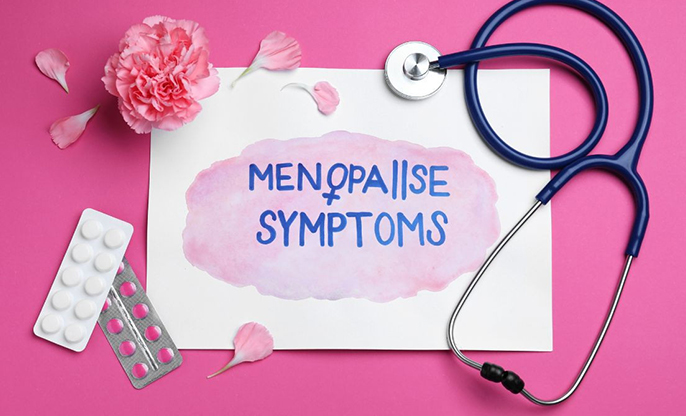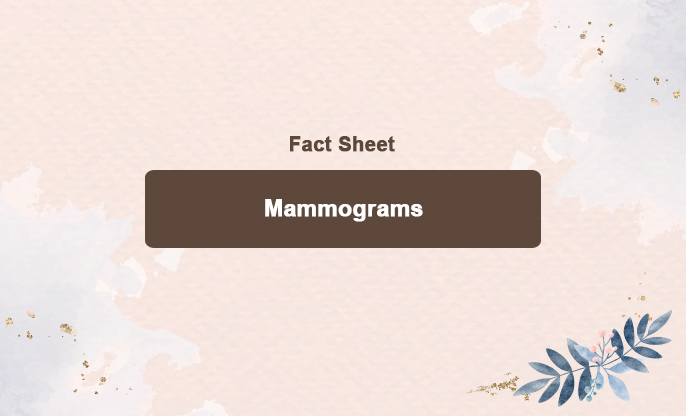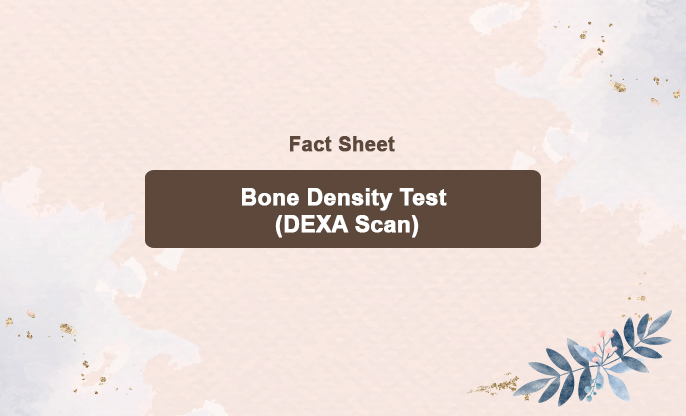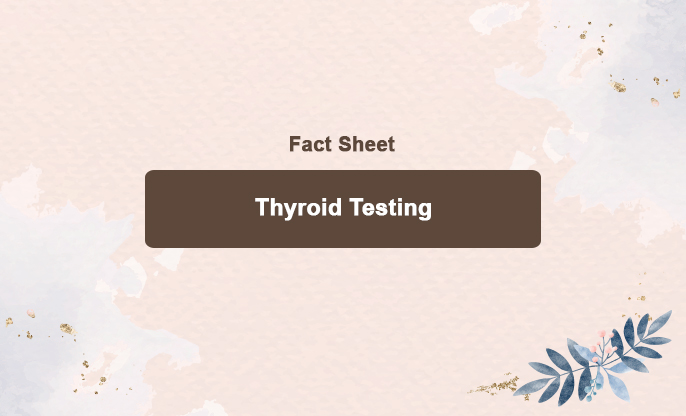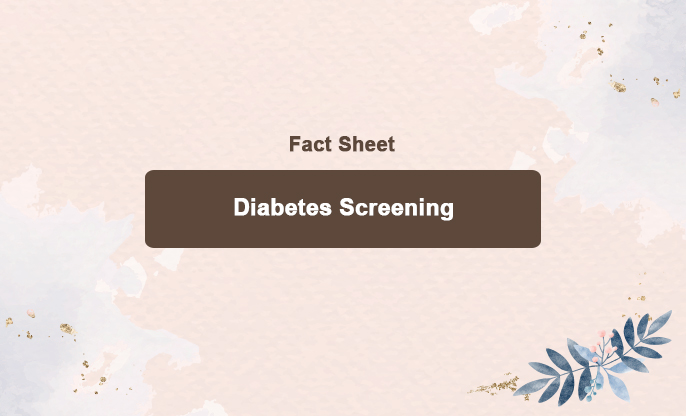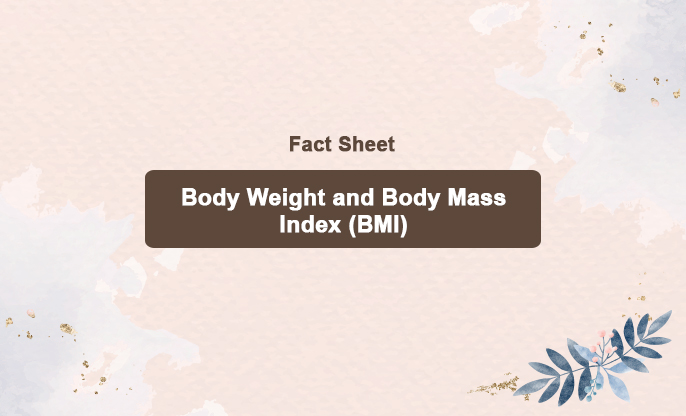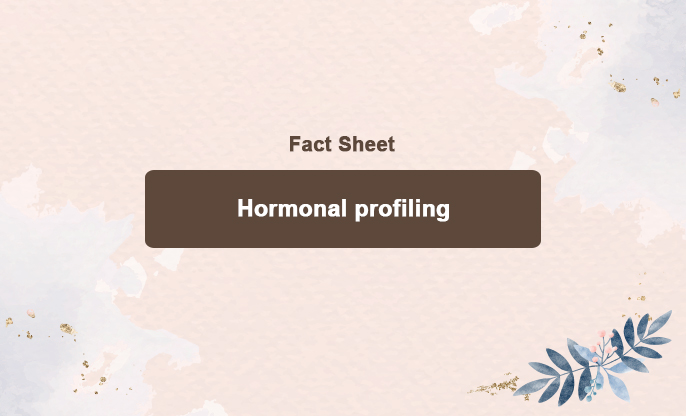
Why What We Eat Matters More Than Ever
Why is nutrition so important after menopause, you ask? Well, let us share how food becomes not just about sustenance but about maintaining our strength and vitality during this chapter of our lives.
Bone Health: It's no secret that as we step beyond menopause, our bones need more love. With estrogen taking a dip, our bones lose their density faster, making us more prone to fractures. Calcium and vitamin D become our best friends. Imagine filling up on leafy greens, dairy, or fortified foods to keep our bones as strong as our spirits.
Keeping Up with Metabolism: Ever noticed how, after menopause, maintaining our usual weight becomes a battle? That’s our metabolism slowing down. But we’re not letting that take over! A diet rich in fibers and proteins from whole grains, legumes, and lean meats can rev-up our metabolism, helping us keep those extra pounds at bay.
Heart Health: Our heart needs more care now, with estrogen stepping back. We focus on foods low in saturated fats, embracing the goodness of omega-3s from sources like salmon, flaxseeds, and walnuts. It’s about keeping our hearts beating strong and healthy.
Mental Well-being: Ever feel like your mood isn’t what it used to be? That’s also a part of this journey. Feeding our brain with omega-3s, antioxidants, and B vitamins from foods like blueberries, nuts, and greens helps keep our mind as sharp as our wit.
Hormonal Harmony: And who says you have to rely solely on hormone replacement? Foods rich in phytoestrogens, like soy products and flaxseeds, can naturally ease those hot flashes and night sweats, making this ride a bit smoother.
Eating Right for Post-Menopause
Embracing the
Mediterranean Way: This diet is not just delicious; it’s a
heart-saver, weight manager, and mood booster, all essential for us right now.
It’s rich in everything our body needs during this time - from olive oil to
hearty grains.
Stay Hydrated: Keep
the water coming! Hydration keeps our skin supple and can ward off those pesky
urinary tract infections that tend to visit more now.
Cutting the Sweet
and the Processed: Less of the refined sugars and more of the
wholesome is our mantra. It keeps our blood sugar in check and our body less
burdened by inflammation.
Meal Rhythms: Keeping our meals regular helps keep our metabolism in check. No skipping meals - we need all the energy to enjoy this phase to the fullest.
Let’s Own This
Phase
Embracing our post-menopausal life with the right diet can transform the way we live our years beyond menopause. It’s about making choices that enhance our health and enrich our lives. Every bite we take is a step toward a more vibrant, active future. Here’s to enjoying a life filled with vitality and zest, one nutritious meal at a time!







